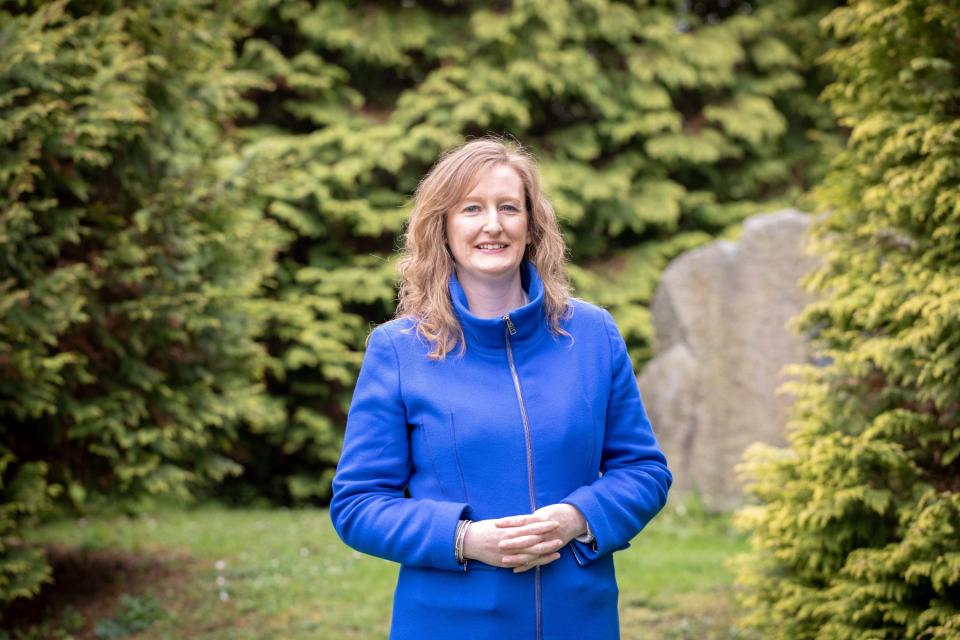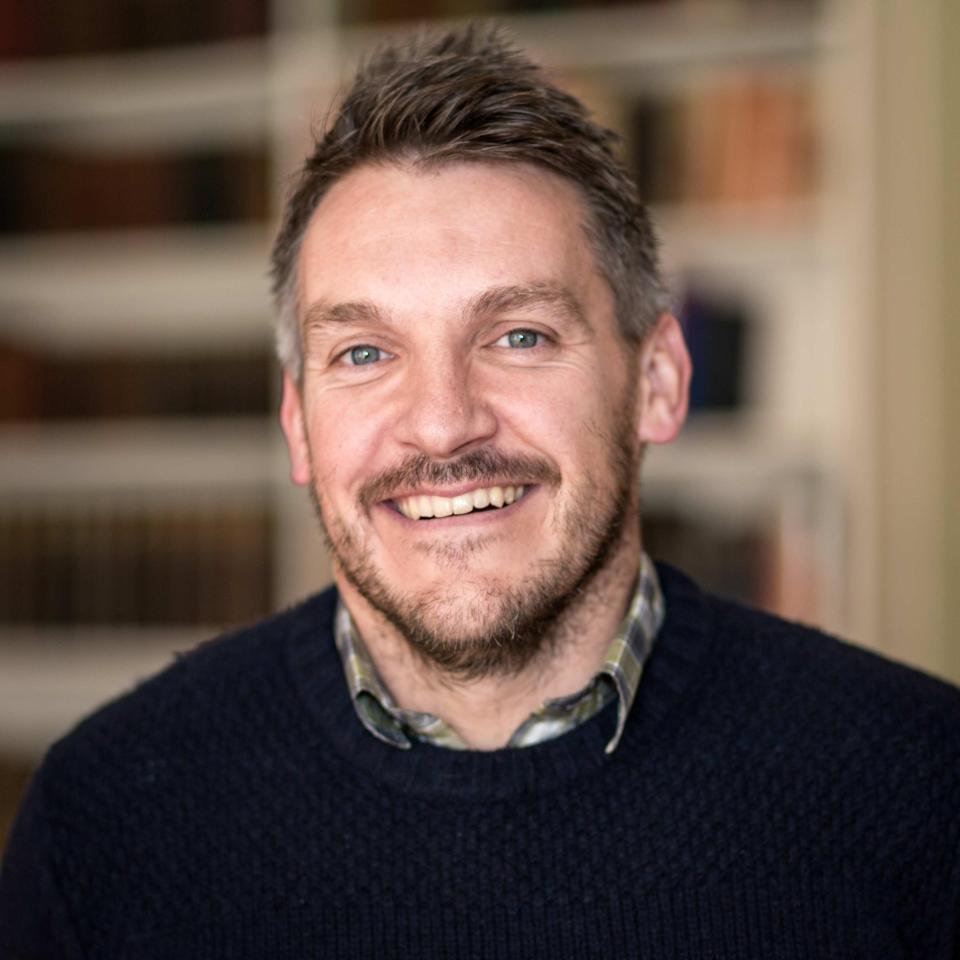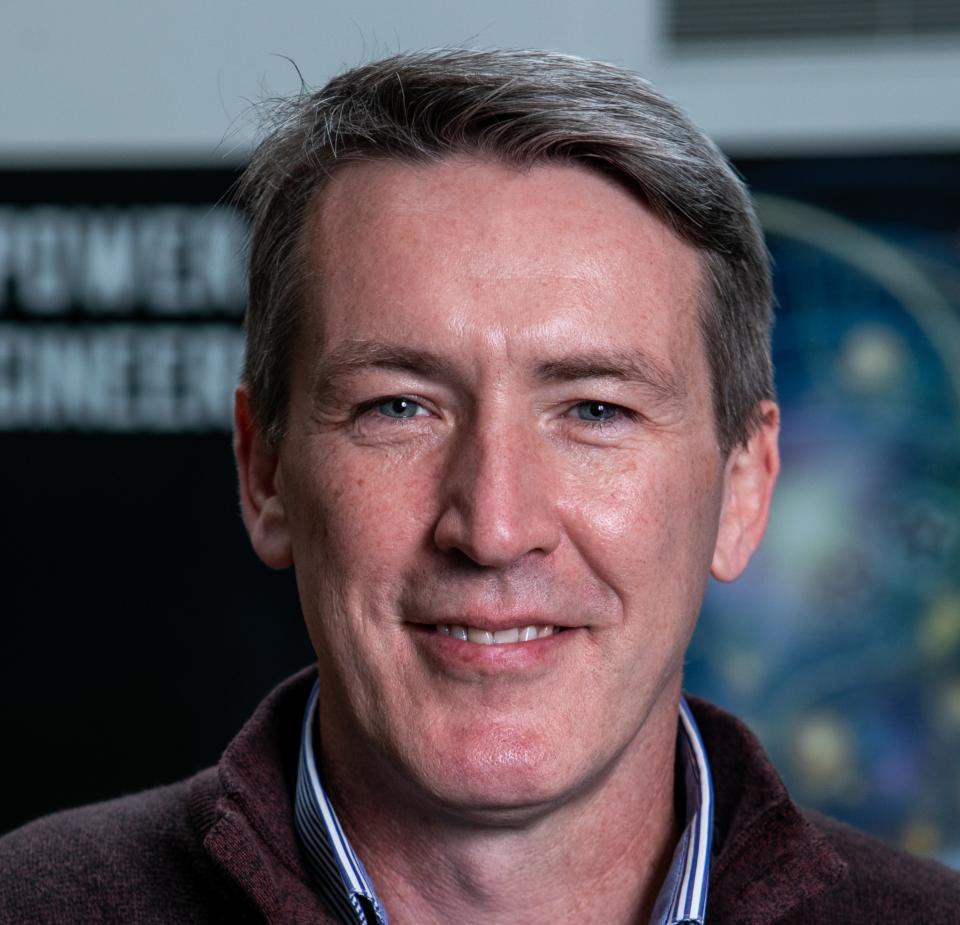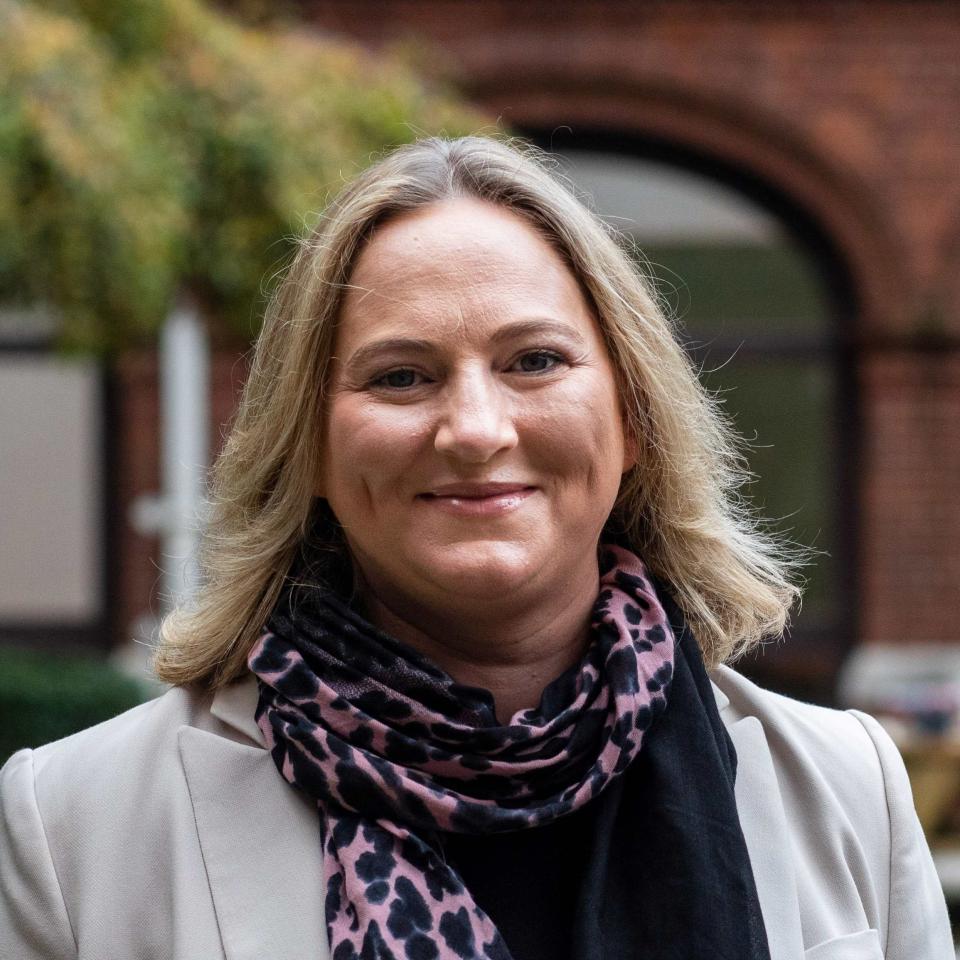
Board 3: Education for Sustainable Development
Sustainable Development Goal 4

SDG Target 4.7
The Sustainable Development Goals were adopted by all 193 United Nations Member States in 2015. They are an urgent call for action. The Goals recognise that ending poverty and other deprivations must go hand-in-hand with strategies that improve health and education and reduce inequalities, all while tackling climate change and working to improve our oceans and forests.
SDG 4.7 states: “By 2030, ensure that all learners acquire the knowledge and skills needed to promote sustainable development, including, among others, through education for sustainable development and sustainable lifestyles, human rights, gender equality, promotion of a culture of peace and non-violence, global citizenship and appreciation of cultural diversity and of culture’s contribution to sustainable development.”
DCU is committed to giving all learners the chance to gain the necessary knowledge and skills to meet these challenges. Not only does DCU coordinate the Regional Centre of Excellence (Dublin) for Education for Sustainability, academics in every faculty are integrating ESD into their Programmes and Modules, while others are going further and adopting a critical approach to ESD, calling for more radical solutions.
RCE Dublin

RCE Logo
In March 2014, RCE Dublin was acknowledged by the United Nations University as a Regional Centre of Expertise in Education for Sustainable Development (ESD) for the greater Dublin region.
RCE Dublin is coordinated by Dublin City University (DCU) and its partnership includes Educate Together, An Taisce, Dublin City Council, Fighting Words, Exchange House Ireland and ECO-UNESCO. The main thrust of RCE Dublin is to enable citizens to learn how to live more sustainably. Through partnerships with public bodies, industry, NGOs and civil society, RCE Dublin implements creative educational initiatives on sustainability, and engages in frontier research on educating for sustainability here in Ireland and across the globe.
Faculty of Humanities and Social Sciences

Trish Morgan, DCU
“Sustainability is important in my teaching because it enables awareness of uneven global challenges faced by environmental crisis and builds in an environmental justice dimension. It allows for holistic, systemic thinking on environmental issues, and it equips learners to understand the interconnected dimensions of environmental change.”
Dr Trish Morgan, School of Communications
Institute of Education

Benjamin Mallon, DCU
"Within the BEd Programme, Education for Sustainability is a key framework in lots of the teaching in relation to Primary Geography Education. One example of this is a third year specialism module, where students undertake challenge-based learning to respond to the calls to action from the Children and Young People's Assembly in Biodiversity Loss. The students gain inputs from civil society organisations and governmental bodies, undertake a range of outdoor learning experiences, and develop their skills in using the latest digital technology to work collaboratively to develop innovative approaches to teaching primary age children about biodiversity loss."
Dr Ben Mallon, School of STEM Education, Innovation and Global Studies.
Faculty of Science and Health

Emma Coyle, DCU
“At a time when mis-information and dis-information abound, it has never been more important to ensure that our future scientists are socially responsible and aware of the broader societal implications of their decisions. Introduction of sustainable development elements in the scientific context helps to encourage students to think beyond their specific discipline and develop a more full understanding of their role in society.”
Dr Emma Coyle, School of Chemical Sciences
Faculty of Engineering and Computing

Greg McNamara, DCU
"Years ago, when sustainability in engineering was discussed, it was often framed as a 'good thing to do' or as a demonstration of corporate social responsibility. However, this is no longer the case. While it is still beneficial for an enterprise's public image to be seen as proactive in sustainability, the motivation has shifted. The consequences of years of inaction have brought environmental impacts to everyone’s doorstep. The breadth and scope of the effort required—not to reverse the damage already done, but merely to prevent further harm—are truly monumental and demand an 'all hands on deck' approach."
Dr Greg McNamara, School of Mechanical and Manufacturing Engineering

Cliona McParland, DCU
"In the BSc. in Digital Business and Innovation, we engage students in real-world experiential learning. Embedding ESD principles into our teaching and learning practices has epitomised this. Our ongoing collaborations with industry partners leading in the ESD field allows us to combine theoretical knowledge with practical application in a way that prepares our students for the complexities of real world sustainable innovation."
Dr Cliona McParland, Work, Psychology and Strategy Group
https://www.dcu.ie/courses/undergraduate/business-school/digital-business-and-innovation
Moving beyond SDG 4.7

Audrey Bryan, DCU
“My teaching introduces critical perspectives on the Sustainable Development Goals and related paradigms, in an attempt to highlight the need for more radical and socially transformative approaches to global injustices such as climate change and world poverty. Using real world examples rooted in students’ everyday realities, we consider their positioning as “implicated subjects” (Rothberg, 2019) in ensuring that another world is possible.
My teaching is animated by a desire to instil in students the capacity and commitment to critique the dominant norms, values, institutions and discourses of society; to contest power inequalities and vested economic interests; to make complex connections between intersecting local and global trends, crises and developments; and to reflect critically on their role as agents in perpetuating and alleviating local and global injustices.”
Dr Audrey Bryan, School of Human Development
Back to main Climate and Sustainability Library Exhibition Page.
